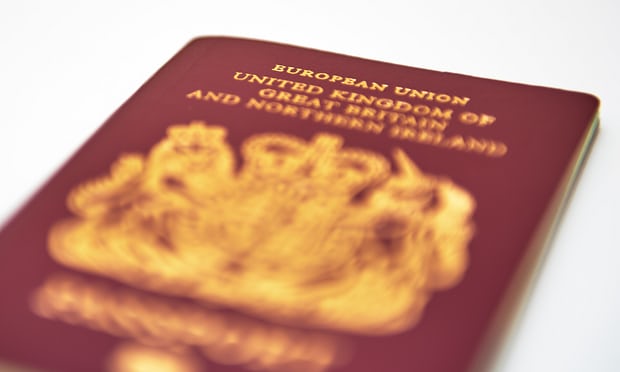Theresa May’s proposal to protect the rights of EU citizens after Brexit is so poor, it will badly damage the rights of Britons living in Europe, campaign groups have told the European commission.
In an official response to the EU Brexit negotiating team, British in Europe and the3million have said that if May’s proposal is adopted it would represent a “severe reduction of the current rights” enjoyed by Britons in Europe.
Last week they expressed fears that Britons would be the “sacrifical lambs” in the Conservatives’ mission to reduce immigration.
The groups say May’s offer looks to curtail citizens’ rights to pensions and to move around the EU to work. They say that, if adopted, the UK proposal could also prevent them from returning to Britain for work or retirement with their EU spouses or to have an elderly parent move in with them in Europe.
British in Europe, which represents 11 grassroots campaign groups in France, Germany, Spain and elsewhere in the block, met Michel Barnier’s article 50 task force last Thursday to express its disappointment and anger over May’s proposal.
It says last year’s referendum said nothing about removing the rights of EU citizens currently in the country or Britons settled in Europe, yet May’s proposal would do just that.
“The choice made in the referendum was about our arrangements going forward, not about unravelling previous commitments,” says the 15-page joint response to the UK’s proposal.
The EU scheme, delivered to Downing Street on 12 June, would extend European laws for all EU citizens post-Brexit, allowing them to continue to live, work and move around the bloc without hindrance for life.
“It is therefore surprising that, instead of taking the framework that exists under EU law as regards the rights of EU citizens in the UK and proposing to incorporate it into UK law as part of the great repeal bill, the UK proposal in fact sets out to unravel previous commitments and replace them with a UK law-based immigration status,” the response paper says.
“It is very difficult to understand how the UK envisages the application of the principle of reciprocity in this case,” says the paper. “Given the mismatch between an EU law proposal to guarantee almost all the rights of both groups and a UK proposal primarily addressing the immigration status post-Brexit of EU citizens in the UK, simply referring to reciprocity does not remedy this omission.”
The main plank of May’s offer is to allow EU citizens who have been in the country for five years to exchange the rights they have under EU law for new rights under UK immigration law.






